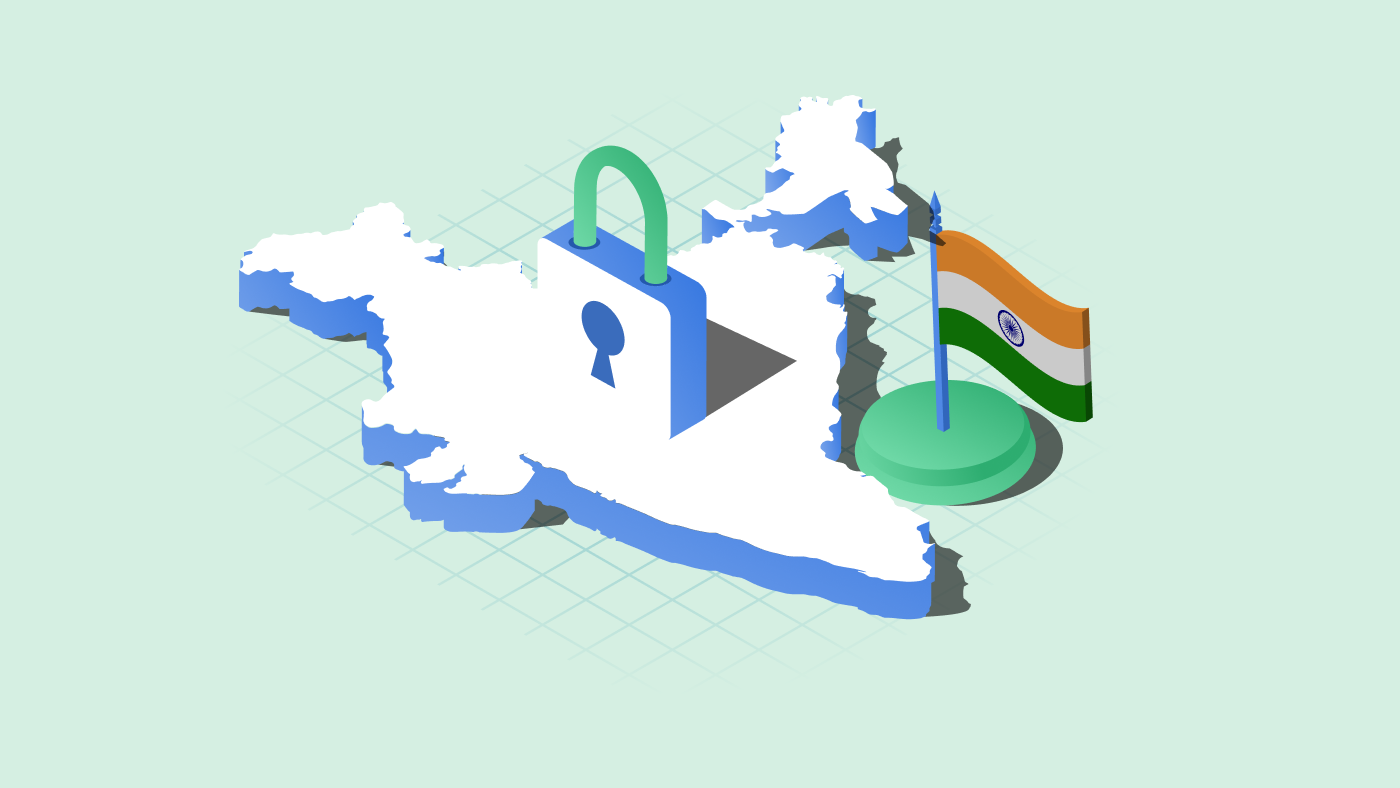The Ministry of Home Affairs has approved the draft rules for the Digital Personal Data Protection (DPDP) Act, bringing India one step closer to strengthening data privacy and protection. The Ministry of Electronics and Information Technology (MeitY) is now poised to begin public consultations, paving the way for formal implementation.
A Long-Awaited Milestone
The DPDP Act, passed over 16 months ago, had been stalled pending the finalization of its rules. This delay left critical provisions, such as user consent management, data handling guidelines, and penalties for violations, unimplemented. With the new draft rules cleared, MeitY is setting the stage for phased execution.
Key Provisions
The finalized rules will address several crucial areas, including:
- User consent mechanisms.
- Data handling and storage procedures.
- Compliance timelines.
- Special provisions for consent management for minors.
Entities found guilty of data breaches could face hefty penalties, up to ₹250 crore per incident. Consumers will be empowered to have greater control over their data, including rights to request data deletion and manage consent preferences.
Global Practices in Focus
The transition period for businesses to align with the new regulations is estimated at 18-24 months, in line with global standards that provide up to 30 months for similar transitions. An official highlighted the importance of aligning all stakeholders to ensure smooth implementation.
Impact on Consumers
Once operational, the DPDP Act aims to empower consumers by:
- Giving them control over their personal data.
- Ensuring businesses disclose how user data is handled.
- Enabling users to manage data collection timelines and purposes.
Challenges and Next Steps
Some ministries and private entities had earlier expressed concerns about the time required to adapt to the new framework. These challenges have been addressed through phased implementation plans.
Public consultations by MeitY will play a crucial role in fine-tuning the rules and ensuring transparency in the execution process.
Significance
This milestone marks a major step forward for India in achieving robust data protection standards, setting an example in aligning privacy with technological growth. The DPDP Act will not only empower users but also place India on par with global leaders in data privacy legislation.




